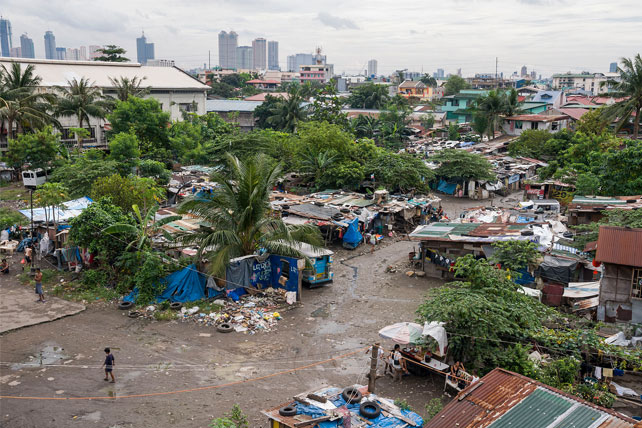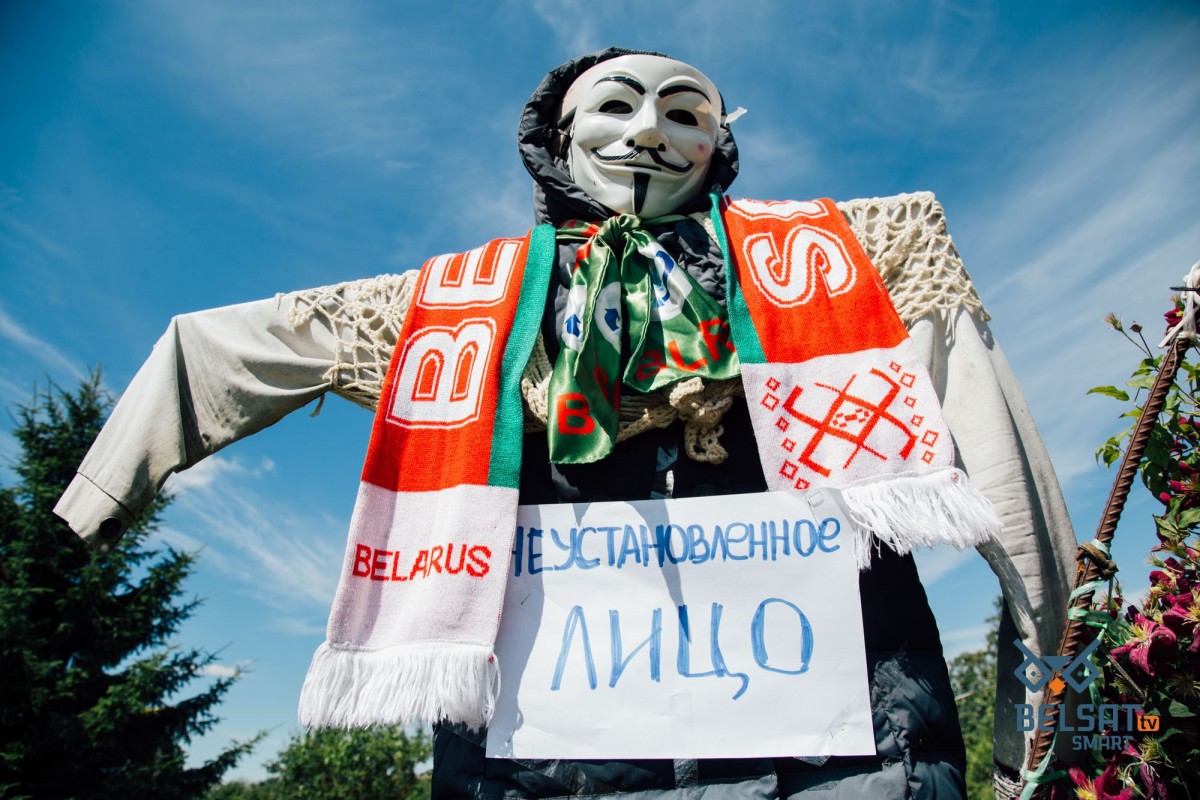Filipino and US human rights advocates, and a US congressman, have sharply denounced the state-sanctioned murder of thousands of people for alleged drug offences in the Philippines, and personally criticised the country’s president, during a tense US congressional hearing.
On July 20, the Tom Lantos Human Rights Commission of the US Congress held a special hearing entitled The Human Rights Consequences of the War on Drugs in the Philippines. The event was co-chaired by Jim McGovern, a Democrat and member of the House of Representatives, who introduced the subject with a scathing critique of the Rodrigo Duterte, the Filipino president who has supported unprecedentedly brutal and internationally illegal violence against people allegedly involved with drugs.
“A man with the human rights record of President Duterte should not be invited to the White House”, McGovern stated, “If he comes, I will lead the protest [against him]”.
Between June 2016 – when Duterte was inaugurated – and April, an estimated 9,000 people in the Philippines have been killed "by police and vigilantes" for alleged drug use or dealing, according to Amnesty International. Three months later, that figure is likely much higher, but precise data is hard to come by.
While McGovern’s remarks are undoubtedly welcome among opponents to Duterte’s violent incarnation of the drug war, some of the hearing’s most poignant remarks were spoken by Ellecer Carlos, a human rights advocate from In Defense of Human Rights and Dignity Movement (iDEFEND) in the Philippines.
Carlos emotionally spoke of how Duterte’s so-called drug war had “claimed more victims than most genocidal crimes in Southeast Asia’s recent history”, and that it is targeting “the most vulnerable section of Philippines’ society – the unseen and unheard”. However, while the human costs of Duterte’s drug war slaughter are undeniably enormous, Carlos warned that its social costs and implications may be even more far-reaching and devastating than previously considered.
“Our young people are learning the wrong values. [This approach is turning] decent police officers into butchers. [There is] routine disregard for due process, [Duterte’s] rhetoric has made human life cheap, and it … has endangered everybody in the Philippines. Duterte has rolled back the gains in freedom and democracy won by the Filipino people over the last 30 years,” he lamented.

Ellecer Carlos speaking at the Congressional hearing (Source: Tom Lantos Human Rights Commission)
Another civil society member giving his voice at the hearing was Matthew Wells, Senior Crisis Advisor at Amnesty International. Evidence from Wells’ research in the Philippines demonstrates the direct involvement of law enforcement in the mass slaughter of poor people for alleged drug crimes.
Wells, who had been part of a team investigating the ongoing crisis, recalled interviews with officers from the Philippines National Police who “described being paid on a scale depending on whether the person [they killed] either sold or use drugs”. Additionally, he claimed that his team interviewed self-professed paid killers who admitted that they were working for active duty police officers.
Aside from the slaughter, Wells warned of a range of other health harms that had resulted from Duterte’s drug approach, including that people who use drugs had “become terrified of accessing basic health services, including HIV testing”, that the country’s prison system had become “appallingly overcrowded”, and that drug treatment services had become underfunded.
The United States, as an ally and trading partner of the Philippines, has an important to role play in opposing Duterte’s drug war, according to Phelim Kine, deputy director of Human Rights Watch’s Asian Division. During the hearing, Kine recalled that the US State Department – under the Obama administration – halted the sale of 26,000 assault rifles to the Philippines police due to extrajudicial killings in the country. “We want more of that,” Kine said, adding that “Congress [should] impose restrictions on aid relating to human rights benchmarks”, and that the US Should support Filipino human rights defenders, and urge the implementation of a “public health approach” to drugs.
Despite such criticism, President Duterte remains unfazed. On July 21, he mocked remarks from the congressional hearing. "So what makes that guy think I'll go to America?" he told reporters, referring to Jim McGovern. "I've seen America and it's lousy. […] It would be good for the US Congress to start with their own investigation of their own violations of the so many civilians killed in the prosecution of the wars in the Middle East”.
On July 24, Duterte delivered the State of the Nation speech, vowing a continuation of his drug war.


